Somali-born US lawmaker: Minnesota more violent than Somali refugee camp
US Representative Ilhan Omar of the northern state of Minnesota has suggested that when it comes to violence, Minnesota is worse than the Somalian refugee camp she used to live in when she was a child.
"For six years, I had the privilege of not seeing any violence, until I moved to Minnesota," Omar stated at the Gun Violence Community Conversation held at North High School in the city of Minneapolis.
When Congresswoman Omar was eight years old, she and her family fled the civil war in Somalia and lived at the Dadaab refugee camp near the Kenya-Somali border for nearly four years.
"My first year in Minnesota I both saw a person shot at Peavey Park, dead on the floor, three weeks after my father and I arrived in Minneapolis,” she said on Thursday. “Six months later I watched the Minneapolis police put 38 bullets into the body of a mentally disabled Somali immigrant who didn't speak English."
The city of Minneapolis alone has already marked 45 homicides so far this year. In early June, the leaders of 10 healthcare systems in the state of Minnesota declared gun violence a public health crisis.
The Muslim lawmaker also recalled a period at a refugee camp where some kids carried assault rifles while going to school.
"I know what that kind of violence looks like," she continued, "but I was fortunate enough to flee that and seek refuge in a refugee camp for four years where I did not witness that kind of violence."
Omar was granted asylum in the US in 1995, settling in New York City with her family when she was 12.
The congresswoman remains among a minority of US lawmakers fiercely opposed to gun laws in the country that allow the purchase of military combat weapons by any individual over the age of 18 with a little background check.
As a result, mass killings in public venues such as schools, places of worship and shopping centers have become a commonplace across the US with presidents, legislators and judicial authorities from both dominant political parties refusing or unable to enact laws to stop the persisting carnage.
This is while most US lawmakers receive various funding, campaign finance and political support from the country’s powerful gun lobby group, known as the National Rifle Association (NRA).
Following the latest mass shootings across the US, the country’s president and most other elected officials and politicians only extended rhetorical condemnations and calls for measures to curb the growing violence, according to local press reports, with little meaningful action.
This is while supporters of gun laws have remained unaffected by the surging gun violence throughout the country, reiterating their long-standing position that more people, including teachers, should purchase and carry guns to defend against armed assailants.
Biden administration ‘quietly’ circumnavigating own ban on TikTok: Report
Iran Navy takes delivery of first advanced ‘signals-intelligence’ destroyer
Italian TV exposes Israeli manipulation of EU institutions
UK anti-corruption minister Siddiq resigns over links to Bangladesh ‘embezzlement probe’
VIDEO | Indian-administered Kashmir honors Imam Ali’s legacy of justice, leadership
Israel kills female Palestinian journalist based in Gaza’s Indonesian Hospital
US lawmakers demand answers from Biden on Israeli killing of Turkish-American activist
Araghchi: Iran never left negotiation table as its nuclear program ‘peaceful’


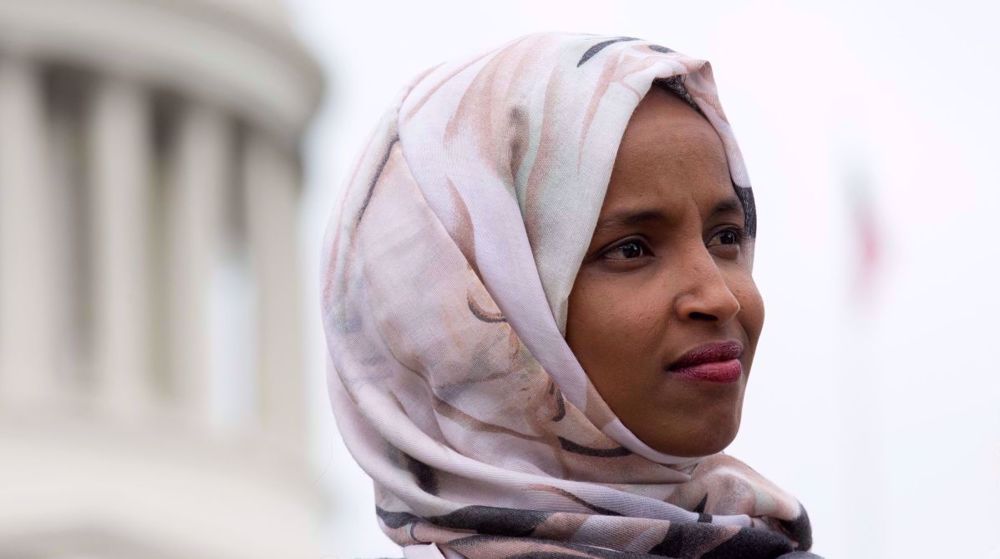
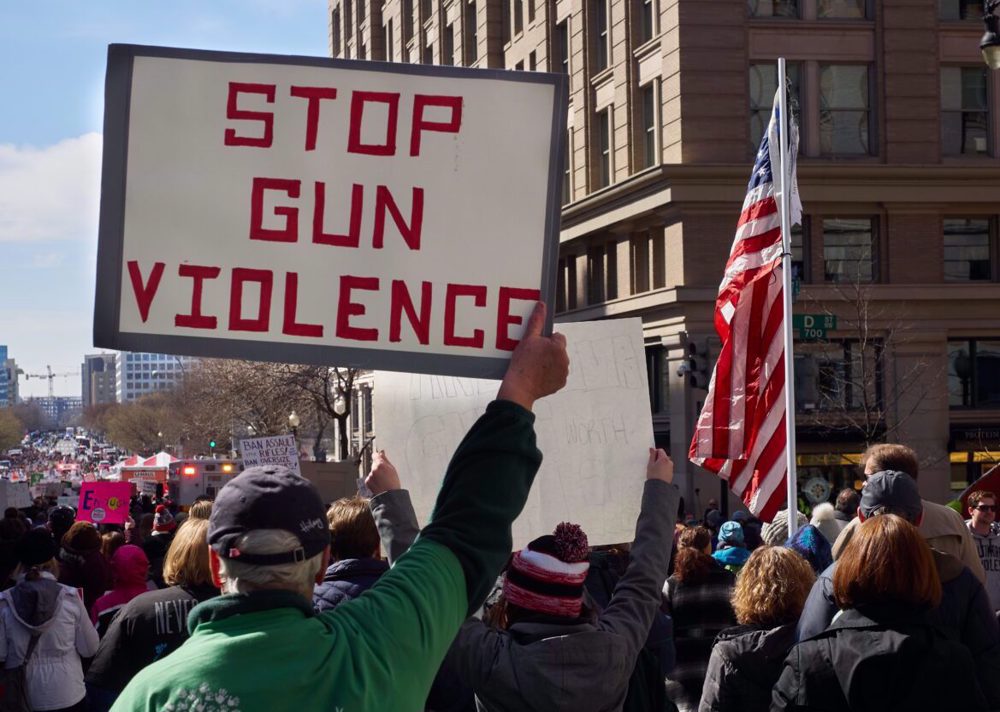
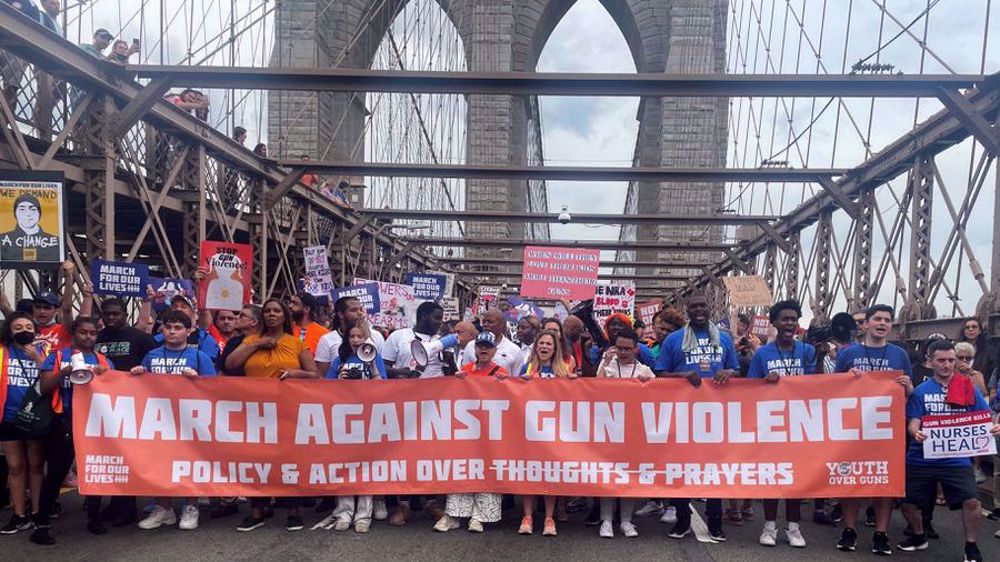

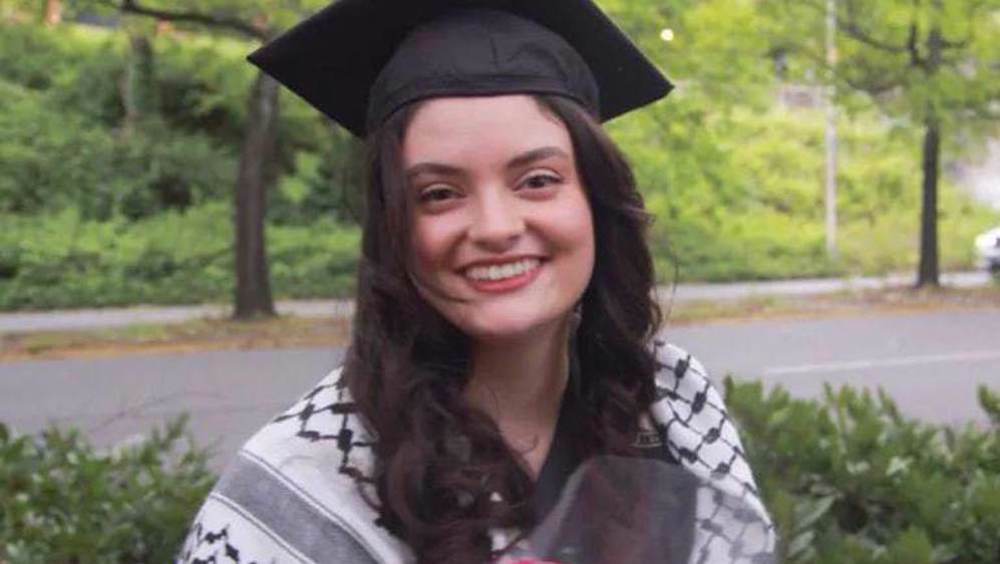




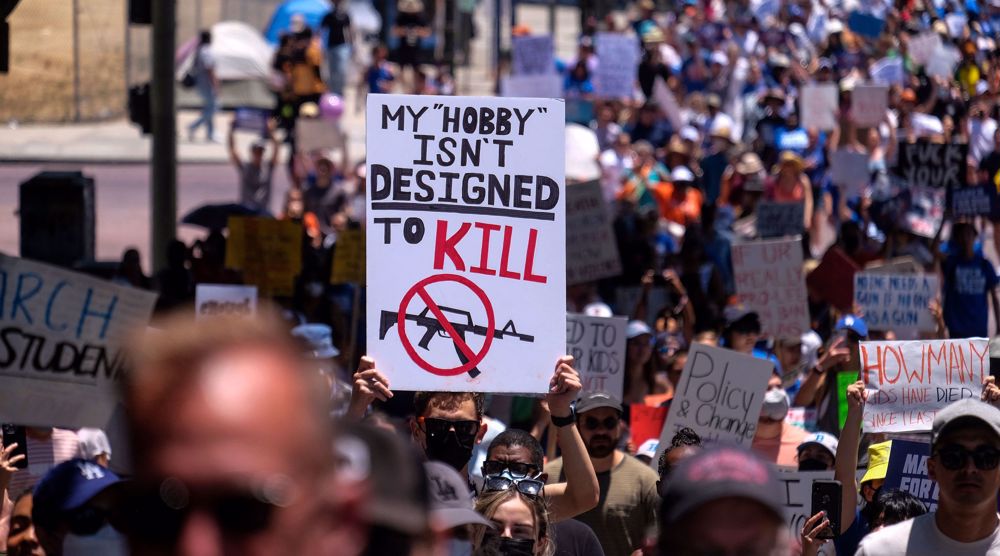
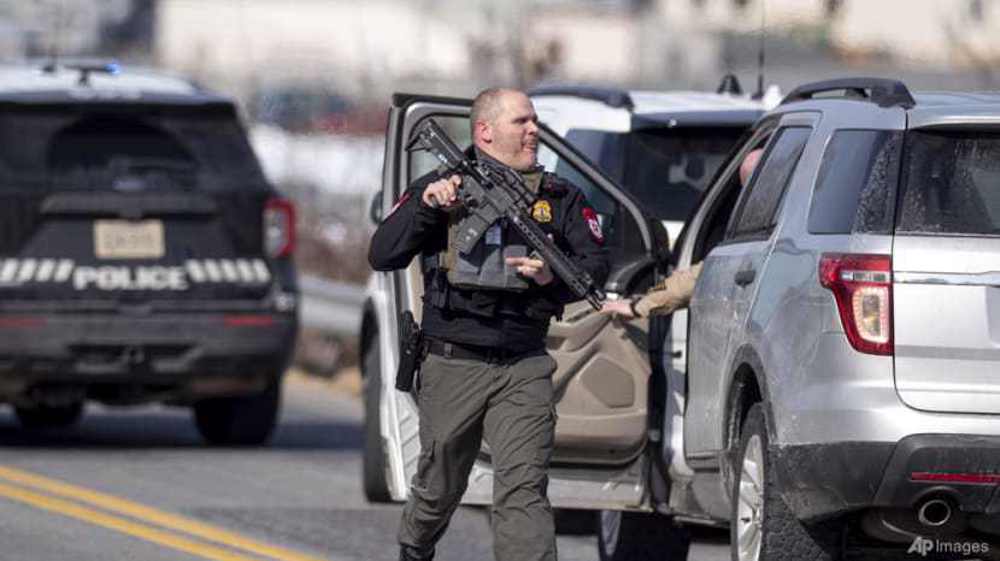
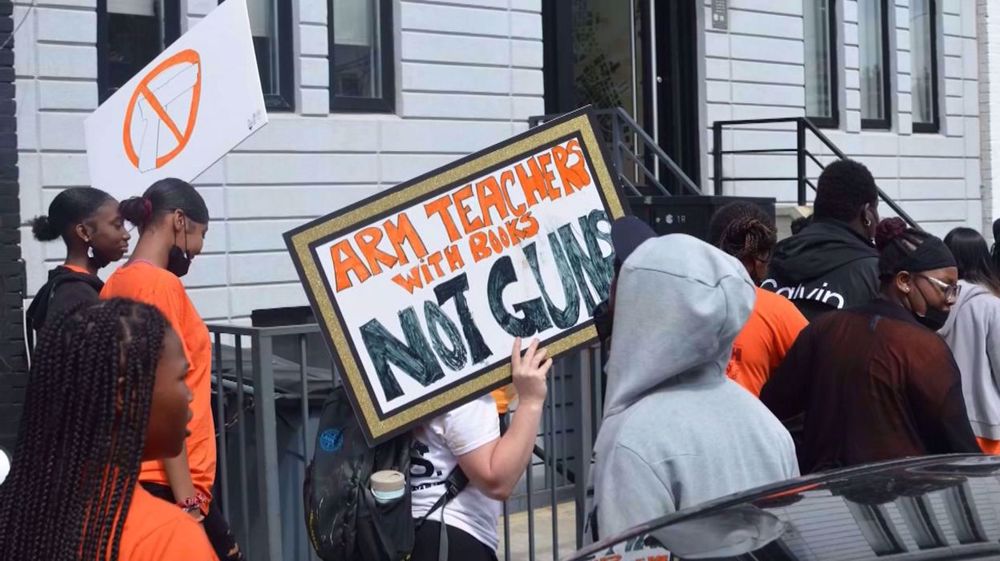

 This makes it easy to access the Press TV website
This makes it easy to access the Press TV website